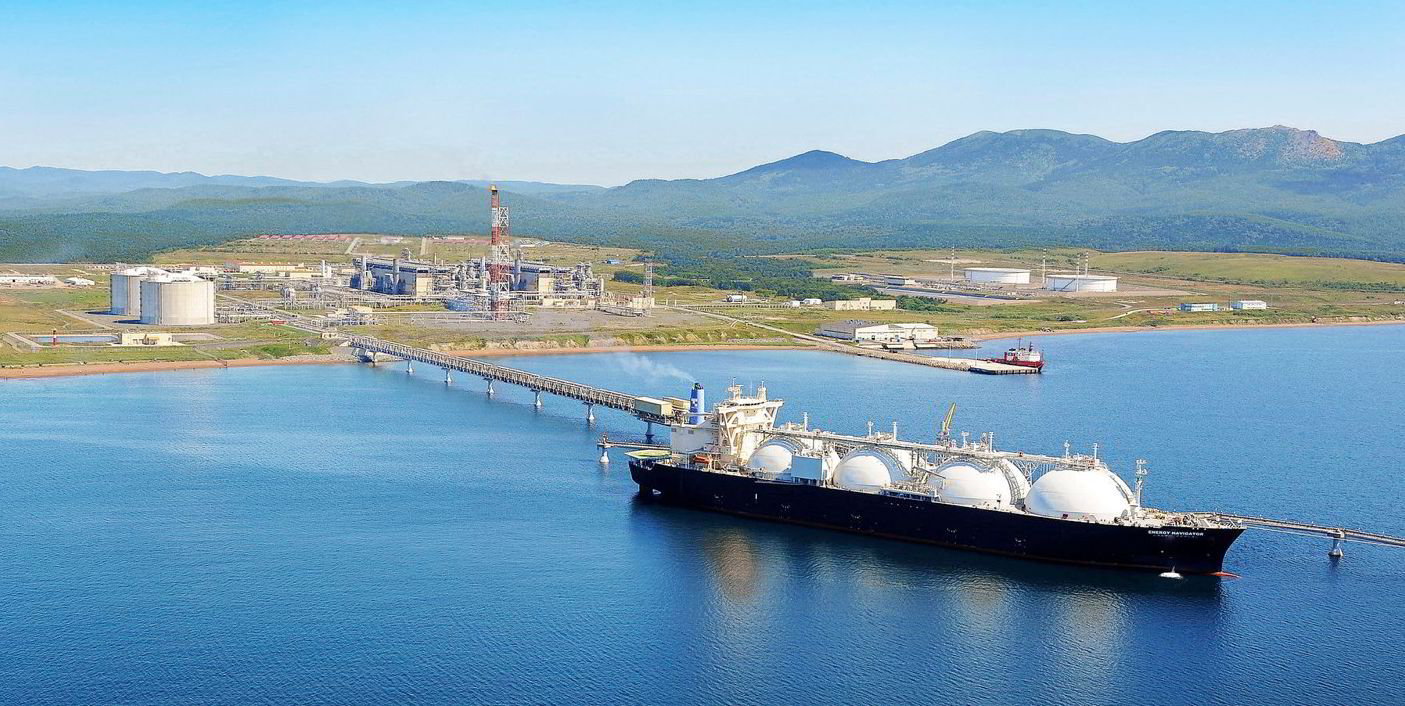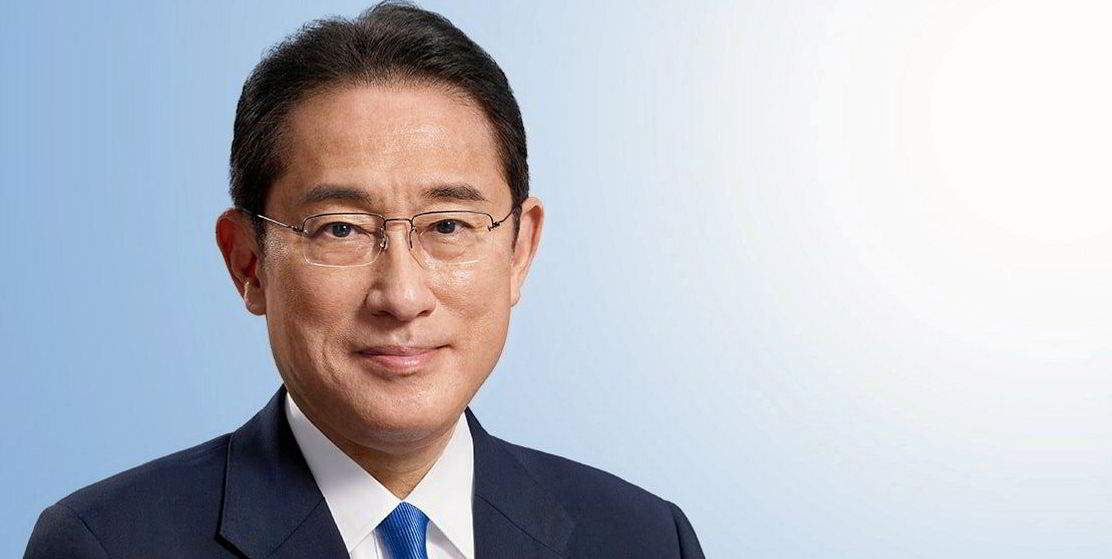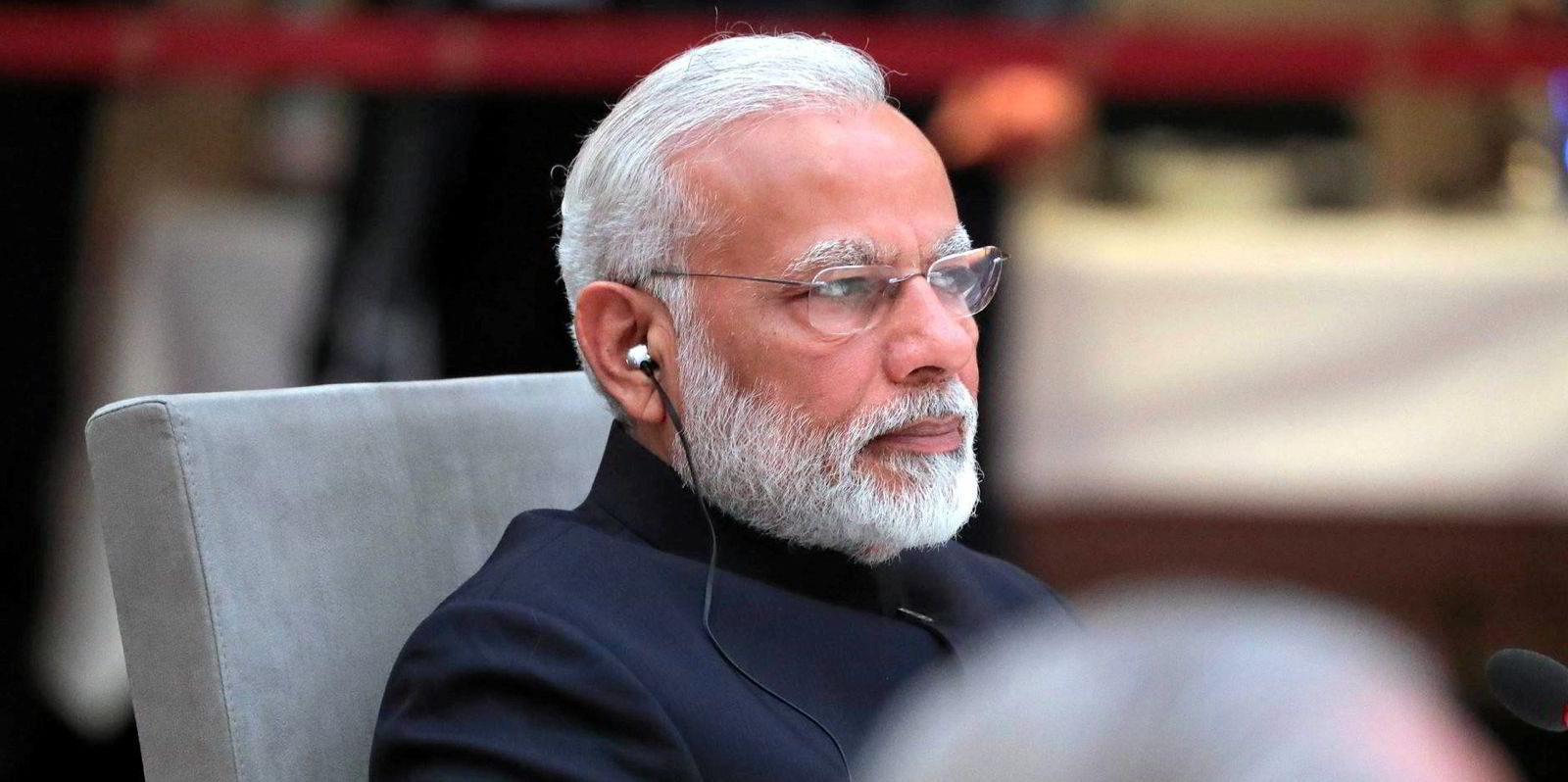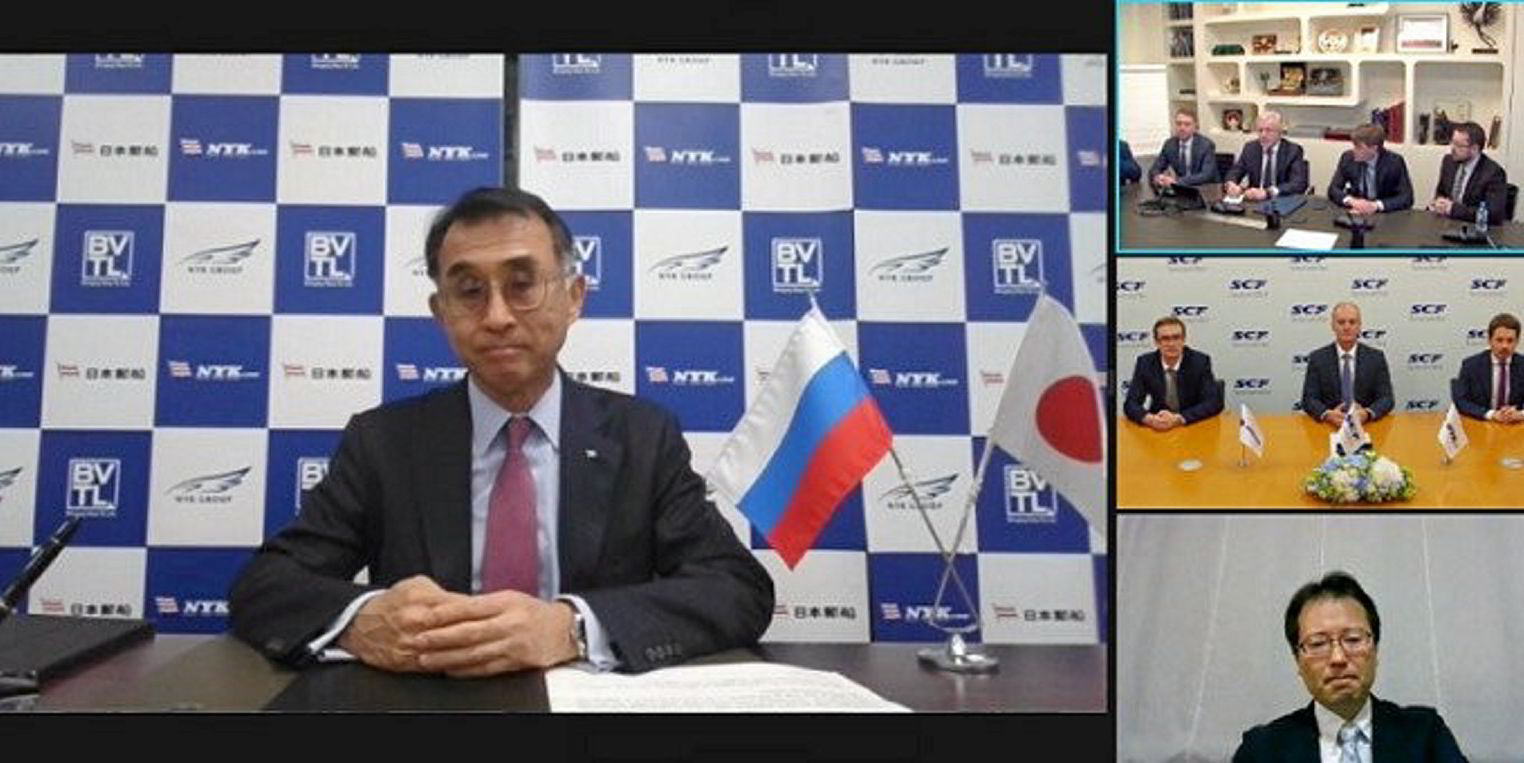Japan’s top refiners are reportedly set to cut their ties with Russian crude after calls for the country to step up sanctions following the invasion of Ukraine.
Eneos Holdings, Japan’s biggest refiner, has not signed new contracts for Russian crude since the war began, chief executive Tsutomu Sugimori told Bloomberg.
Its closest domestic rival, Idemitsu Kosan, also told the news agency that it will not strike new deals for Russian oil.
Eneos will procure alternative crude supplies from the Middle East to fill the gap, Sugimori said, adding that Russian oil covered by contracts signed before the invasion will continue to be shipped to Japan until around April.
Idemitsu said it is suspending Russian imports due to concern over disruption to payments and logistics, while Cosmo Energy Holdings, Japan’s third-largest refiner, said it does not currently buy Russian crude, Bloomberg reported.
Shipbrokers TradeWinds spoke to said the moves would have little impact on the tanker market.
“For Japan, such a commitment is relatively easy, as they already get exactly 91% of their crude oil imports from the Middle East,” Banchero Costa’s Singapore-based head of research, Ralph Leszczynski, told TradeWinds.
“Russia accounted for just 3.4% of Japan’s crude oil imports in 2021. In volumes, that was just 3.8m tonnes.
“Therefore, in theory, it should not be too difficult for Japan to entirely replace Russian crude with alternative sources.

“For Russia, it is also not such a big deal, as in 2021 Japan was the destination for just 1.7% of Russian crude oil exports.”
Japan’s Sakhalin Oil & Gas Development, which owns a 30% stake in the Sakhalin-1 project, has announced a withdrawal from May.
It is one of four joint venturers in the project alongside ExxonMobil, Rosneft and ONGC Videsh, which is the second-largest petroleum company in India, next to its parent ONGC.
“They deliver about 50,000 barrels per day [bpd] of Sakhalin crude into Japan and resell the rest to traders. We estimate resold volumes to be about 30,000 bpd,” said Anoop Singh, head of tanker research at Braemar ACM Shipbroking.
The market will have to replace that 50,000 bpd lost from Sakhalin from the Middle East, he said, which would add around one VLCC worth of demand.
Ukrainian president Volodymyr Zelenskyy urged Japan to dial up the pressure on Moscow in a live television address this week to parliament.
Japanese Prime Minister Fumio Kishida, speaking to reporters after the address, said he would consider additional humanitarian aid for Ukraine and more sanctions against Russia.
Tokyo has imposed sanctions on 76 individuals, seven banks and 12 other bodies in Russia and revoked Russia’s “most favoured nation” trading status.
However, Japan has declined to turn off the tap at Sakhalin-2, an LNG joint venture with Russia, citing its own energy security vulnerabilities.





